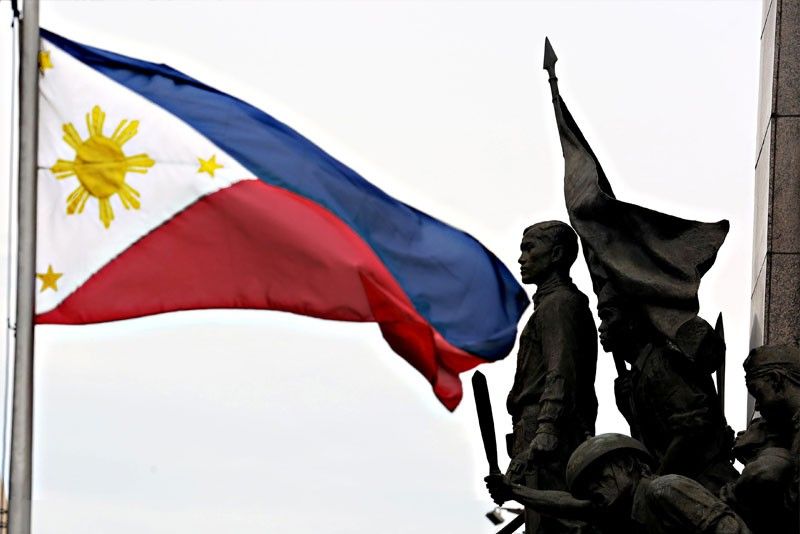Facts, history explained: August is Buwan ng Wika in the Philippines

MANILA, Philippines — Every August, the Philippines celebrates Buwan ng Wika, or Buwan ng Wikang Pambansa (National Language Month).
A month-long celebration, it promotes the importance of Filipino, the national language, and shows the world how proud Filipinos are of their national language. It takes place in August because the birthday of the late Philippine president Manuel L. Quezon, known as the Father of the National Language, falls on August 19.
Major efforts to introduce a national language in the Philippines began in 1935, which was the Commonwealth era led by President Quezon. Eleven years later, specifically in 1946, a language based on Tagalog was adopted as the national language.
It initially drew confusion and some resistance from non-Tagalog speaking regions. People did not know whether to call it Tagalog, Pilipino, or Filipino. In 1959, it was officially designated as Pilipino. But in 1973, its name was changed to Filipino.
It was also in 1946 when then Philippine President Sergio Osmeña established the Linggo ng Wika annual observance. It began as a week-long celebration, but not in August. Instead, it took place from March 27 to April 2. It remained that way until 1954, when President Ramon Magsaysay moved the celebration to August 13 to 19 through Proclamation No. 186.
Since the initial celebration happened during the summer break in school, he thought, students could not actively take part in it. The new dates in August fall within the school year and included the birthday of President Quezon. Thus, they became the official celebration dates of the Linggo ng Wika. President Corazon C. Aquino affirmed the dates in 1988.
In 1997, President Fidel V. Ramos changed the duration of the observance from one week to one month. Thus, the name of the annual observance was changed to Buwan ng Wikang Pambansa, or Buwan ng Wika.
Major participants of the Buwan ng Wika are schools nationwide, with programs being staged, and students wearing traditional Filipino costumes, singing Filipino songs, and dancing traditional folk dances.
The Komisyon ng Wikang Filipino takes charge of the Buwan ng Wika festivities, which no longer just celebrate the Filipino language but the different dialects or indigenous languages around the country as well.
RELATED: 'Uswag, Alimuom': Teachers explain meaning behind uncommon words for Buwan ng Wika 2023



















